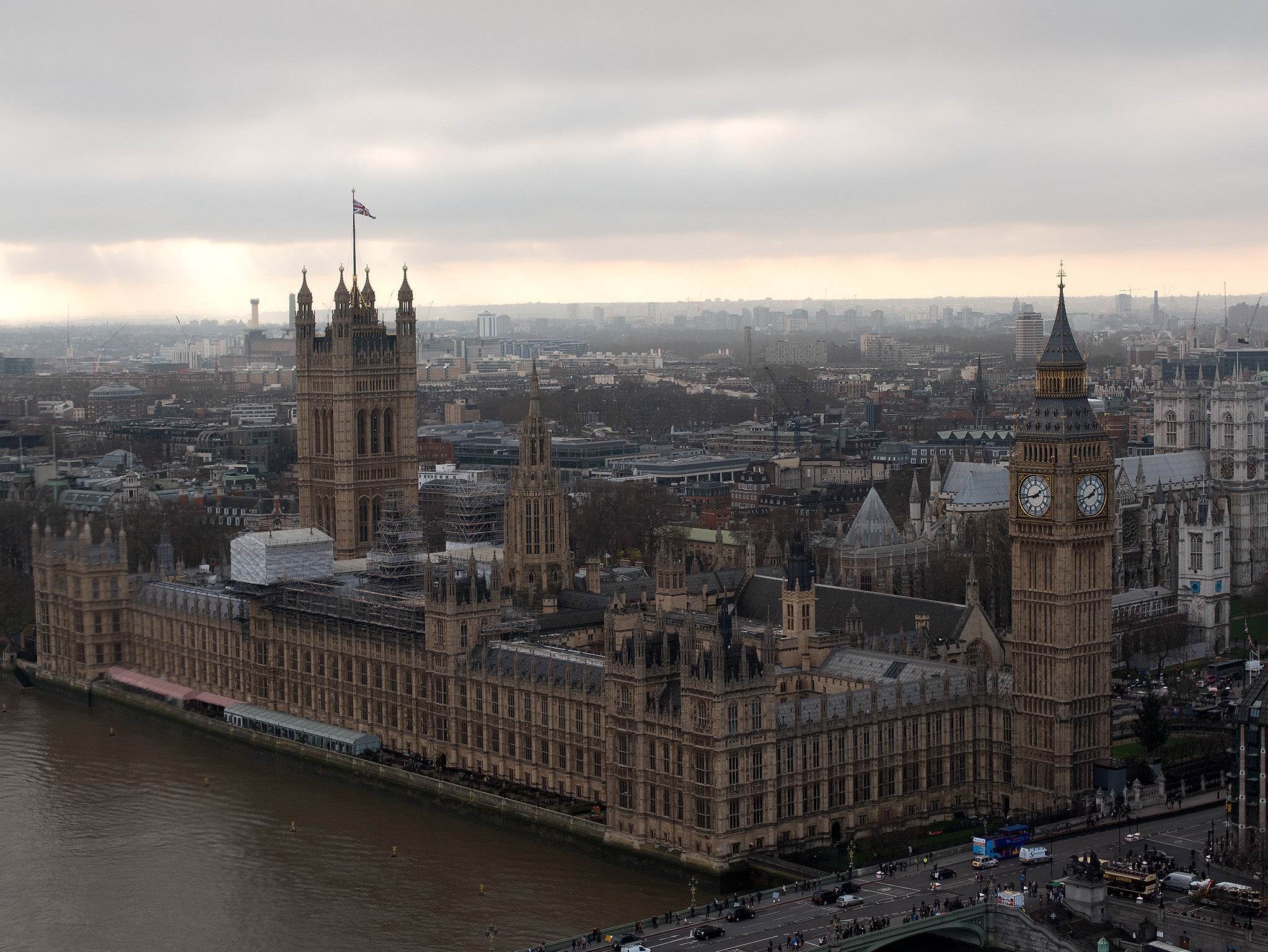MPs could be banned from “talking out” or “filibustering” laws proposed by backbenchers, under proposals drawn up by an influential parliamentary committee.
The House of Commons procedure committee, which is investigating the way that backbench legislation is made, has recommended that some bills proposed by backbenchers be given a guaranteed vote at their second reading – far increasing their chances of becoming law.
Under the proposals, time limits would be imposed on MPs’ speeches on a Friday afternoon to stop them from indefinitely delaying the debate until time runs out for a vote.
A small number of mainly Conservative backbenchers have caused consternation in recent months by blocking a series of pieces of backbench legislation by using up time with long, sometimes rambling speeches.
Bills blocked without a vote by the loose group of legislators include one to mandate that children be taught first aid in schools, another to remove hospital car parking charges for carers, and one to make sure that homes rented out by private landlords are fit for human habitation.
But the procedure committee’s chair, Conservative MP Charles Walker, criticised the current arrangements as being unreasonable.
“The current process misleads the general public, often falsely raises expectations about legislative action, and operates under procedures which are too easily gamed to prevent genuine legislative proposals from proceeding,” he wrote in an article for UCL’s Constitution Unit.
Calling for more transparency in the way the system works, Mr Walker added:
“It is now extremely difficult for a genuine private members bill to reach the statute book – increasingly, not because the House as a whole has decided that a bill should not progress, but because a small number of members opposed to a measure can effectively veto it.”
He said that were reform not implemented, “backbench legislation, as we know it, will cease”.
The committee suggested that the number of MPs chosen in a ballot to introduce private members’ bills be reduced from 20 to 14, that the first bill debated each Friday be guaranteed a vote following a full day’s debate.
A register would also be set up for members to demonstrate cross-party support for such bills.
The proposals are currently being considered by the government, which may or may not grant a vote on their implementation.
Over 50,000 people have signed a petition on the parliament website calling for reform of the filibuster rule.
The Government responded to the petition by saying the issue was a matter for the House of Commons and the Speaker chairing the debate.
Subscribe to Independent Premium to bookmark this article
Want to bookmark your favourite articles and stories to read or reference later? Start your Independent Premium subscription today.


Join our commenting forum
Join thought-provoking conversations, follow other Independent readers and see their replies